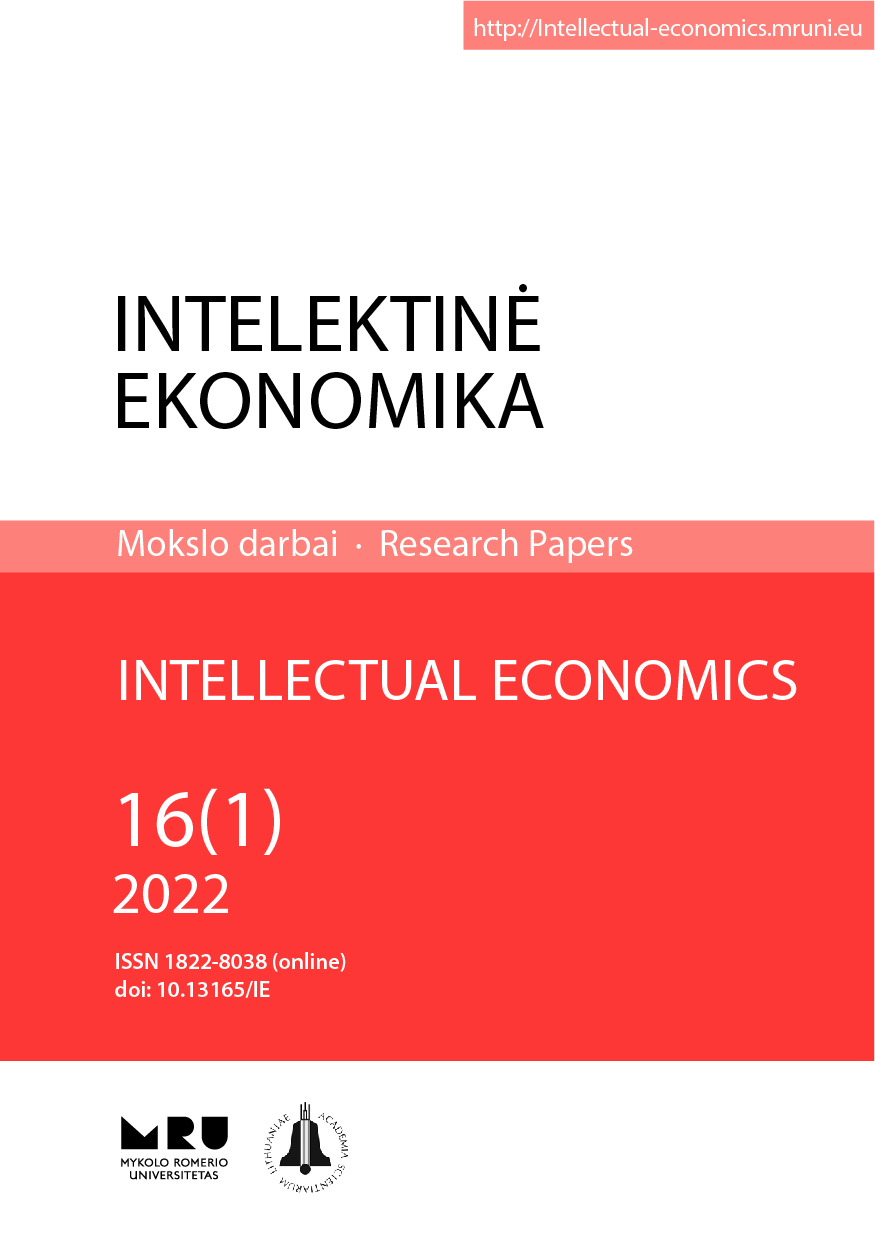LEADERSHIP AND MOTIVATION IN THE GREEK PHARMACEUTICAL INDUSTRY
LEADERSHIP AND MOTIVATION IN THE GREEK PHARMACEUTICAL INDUSTRY
Author(s): Serafeim ANGELIS, Persefoni PolychronidouSubject(s): Economy, National Economy, Management and complex organizations, Socio-Economic Research
Published by: Mykolas Romeris University
Keywords: leadership; motivation; communication; pharmaceutical industry;
Summary/Abstract: In today’s rapidly changing environment, leadership style and employee motivation are considered as crucial factors for organizations to operate effectively and achieve their missions and objectives. The pharmaceutical industry makes a major contribution worldwide, and in Greece particularly, not only to public health and welfare but also to the economy and employment. The annual turnover of pharmaceutical production in Greece was estimated over one billion euros for the years 2018–2019 (Tsakanikas et al., 2020), and more than 23,300 employees were employed in the sector in 2020, demonstrating a significant increase (9.8%) compared to the previous year (SFEE-IOBE, 2020). In this study, leadership and motivation in the Greek pharmaceutical industry is studied via an empirical analysis. The primary data, collected via questionnaires answered by pharmaceutical industry employees located in Greece, aimed at identifying the impact that leaders, communication, and motives have on employees’ performance in the context of the altered and vol- atile environment the COVID-19 pandemic – which unavoidably changed people’s attitude, needs, and ways of communication – has shaped. A general framework was indeed identified (democratic and transformational leadership); however, characteristics of other distinct leadership styles were also observed. Managers’ opinions about themselves regarding their contribution to employees’ effectiveness were positive but did not achieve the highest grade. Subordinates were positive in this regard, albeit with more tending to agree than strongly agree. Similar findings were extracted regarding motivation. Communication was affected by the new environment that the COVID-19 pandemic has shaped. Face-to-face communication was considered more effective than distance communication; however, employees had positive feelings when they worked remotely and felt more flexible. Finally, according to the above, the overall outcome was positive, yet still indicates that there is room for improvement or for adaptation to the new situation.
Journal: Intelektinė ekonomika
- Issue Year: 16/2022
- Issue No: 1
- Page Range: 81-101
- Page Count: 19
- Language: English

